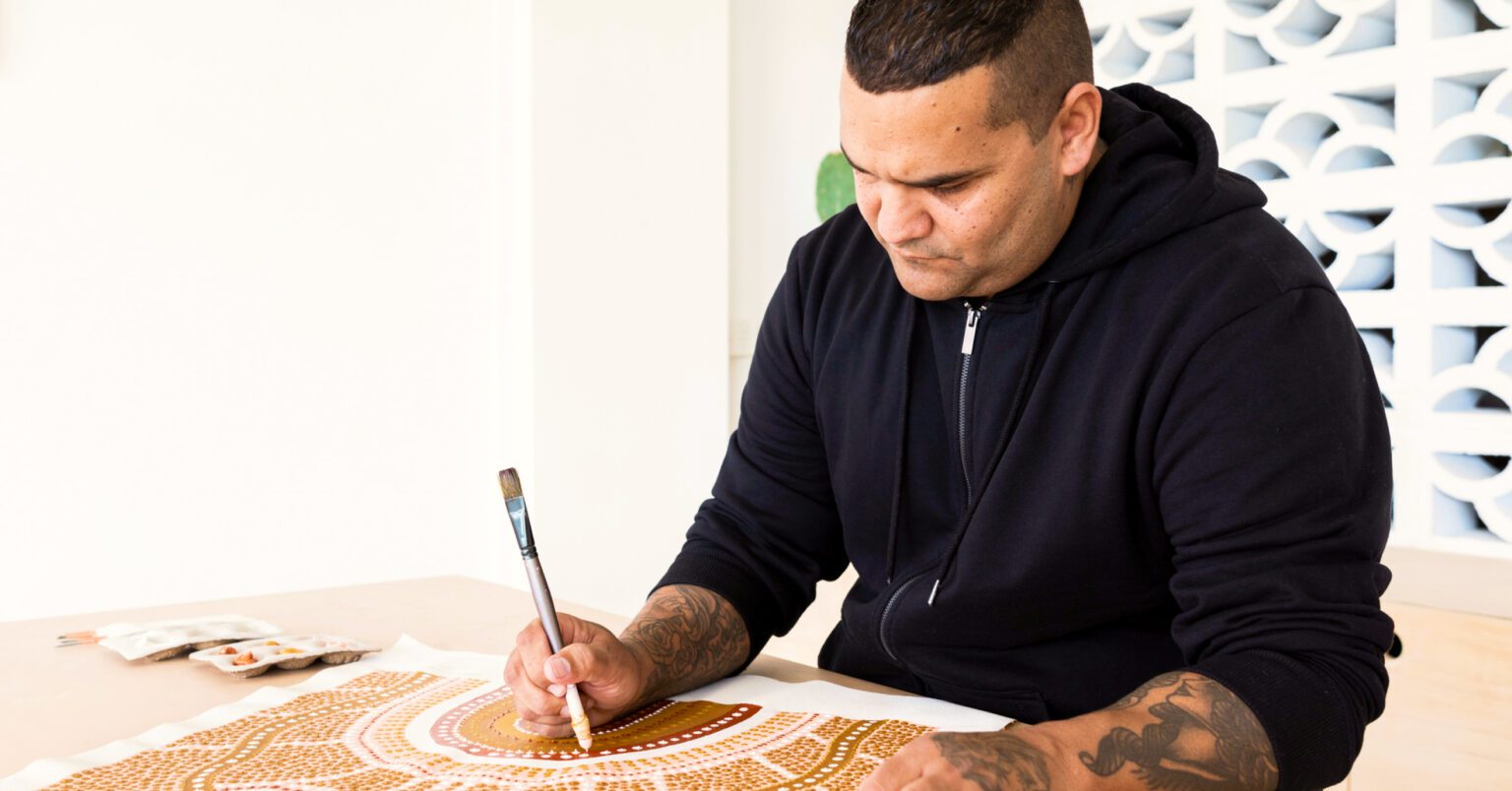If you’re thinking about buying into a franchise, read our helpful tips before you decide.
Franchising is a big industry in Australia – employing over 460,000 people and generating an estimated $144 billion in turnover each year.
What is a franchise?
A franchise is an agreement that gives a person (the franchisee) the right to market a product or service using the trademark or trade name of another business (the franchisor). Some successful Australian franchise businesses include Baker’s Delight, Grill’d, Subway, Dominos Pizza and Boost Juice.
Franchise opportunities for small businesses exist across a range of industries, so if you’re keen to open a small business in your field but don’t want to go it alone then a franchise may be for you.
The franchise model
There are different types of franchise models, but the most common is the business format franchise. This is the model generally adopted by small businesses. This franchise model has established systems in place for how to run the business, that are standardised across all stores. For example, this may include management systems, store layout, branding, uniforms, and how goods and services are sold.
The benefits of working with a business format franchise include being able to open a business with a brand that is already established and having support from a head office that oversees company marketing initiatives.
This differs to the experience of independent small business owners who generally have more freedom but also more responsibility.
What to look for and consider
When it comes to choosing a franchise you won’t be short for options with some 1180 franchise systems available in Australia.
Some key considerations for reviewing franchises include:
- Your budget.
- Your skills and interests – will you enjoy working in the business?
- Does the franchise model complement your lifestyle and obligations?
- The demand in the market for the product or service.
- The state of the market, its longevity and its potential to grow. For example, a printing franchise may not sustain long-term growth if it doesn’t offer other related services such as design or web development.
- How competitive or saturated is the market for that product or service?
- The history, reputation and financial success of the franchise.
- How much training and support is offered.
Do your research
Before you move to buy a franchise, make sure you’re familiar with the Franchising Code of Conduct. A new code was created and introduced in 2015, and provides an overview of the rights and obligations of franchisees and franchisors.
In addition to their online franchising resource centre, the ACCC also sponsors a free pre-entry franchise education course called Buying a Franchise, in conjunction with Griffith University.
Undertake thorough research on the franchise you’re considering, and always check their history and finances. Speak to current and former franchisees, and seek legal and financial advice before you sign any agreements. Industry body Franchise Council of Australia is another helpful site for information and advice.
How to become a successful franchisee
Once you’ve chosen a franchise whose business philosophy aligns with your own, embrace the franchisee experience. Ask questions and connect with the support networks offered by your franchisor. Use all the training opportunities made available to you. Set goals and keep learning. Hire well and create a workplace culture that will attract and retain good staff. Connect with fellow franchisees so you have a support network of like-minded business owners who you can share experiences and get advice from.
Work hard but remember to give yourself some time out so you stay fresh and focused. The most successful franchisor/franchisee relationships are those that centre on shared goals, communication and mutual understanding.
Once you start your franchise, Prospa can help you maintain and grow upon your success, like we helped franchisee Mark Saggin of The Coffee Club in Melbourne’s Stud Park shopping centre who borrowed $40,000 to start this second franchise business.
Mark says, “Prospa understands my business, and they are very easy to deal with. I know that if I have a problem, they will work with me to solve it.”
Prospa requires a minimum six months trading history to demonstrate the cash flow required to support daily loan repayments. If you are looking to grow your franchise business or start a second one, see how much you can borrow with our small business loan calculator.








